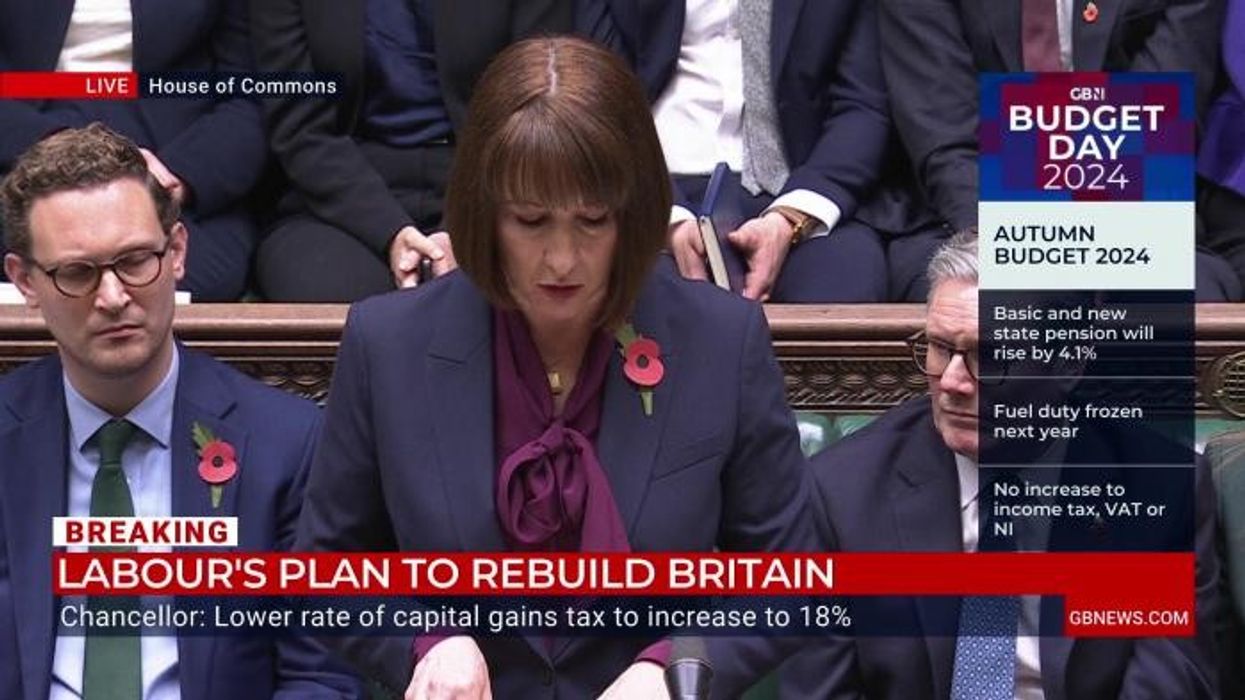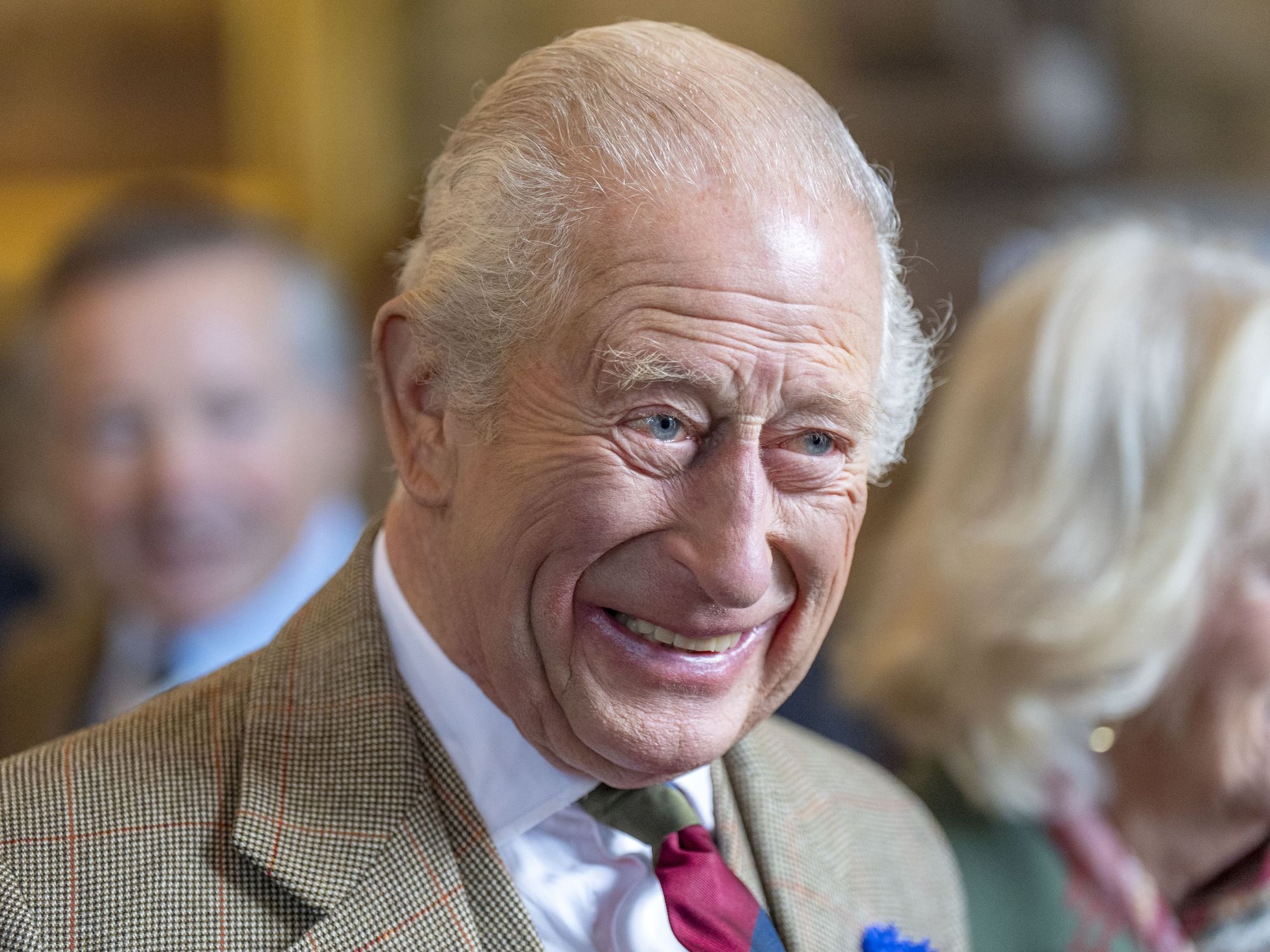Inheritance tax warning: Thousands face 'higher bills' due to 'costly mistakes' that could be avoided

An extra 38,500 estates will now face higher tax bills due to pension inclusion within inheritance tax
Don't Miss
Most Read
Thousands of families could face higher inheritance tax bills due to "costly mistakes" and a lack of proper planning, as Labour's new pension tax rules loom on the horizon.
Nearly 50,000 estates are expected to face increased tax burdens when pensions become subject to inheritance tax from 2027, according to recent figures.
Britons are urged to create or update their wills to avoid leaving their loved ones with a higher tax bill.
More than two-fifths of UK adults have not written a will, leaving their families vulnerable to unnecessary tax complications, research has shown.
The new rules - that are being consulted upon - for unspent pensions to get dragged into the IHT net from 2027, could result in higher bills for nearly 50,000 estates - and that's before the impact of an extra two-year freeze in thresholds will be felt.
Charlene Young, AJ Bell pensions and savings expert warned: "If you die without a will, your estate will fall under the intestacy rules.
"This could mean a higher IHT bill and if you have no surviving relatives, the rules can even pass your wealth to the Crown."
 An extra 38,500 estates will now face higher tax bills due to pension inclusion within inheritance tax | GETTY
An extra 38,500 estates will now face higher tax bills due to pension inclusion within inheritance tax | GETTYBritons can use their will to detail their funeral wishes, and most funeral expenses are generally deductible for IHT.
Young added: "If you have significant assets, estate planning using trusts can also help mitigate a tax bill. Trusts and taxation are complex areas, so you should seek professional advice from a solicitor and an independent financial adviser to avoid any costly mistakes."
New research from Canada Life found that 26 per cent of people believe they don't have enough assets to warrant making a will, but this is not the case. A concerning 14 per cent also incorrectly assume their loved ones will automatically inherit their assets.
Experts explain this one key document can help Britons and their mitigate harsh and unexpected losses during the process.
Stacey Love, tax and estate planning specialist at Canada Life, warned: "Passing away without a will in place can place a significant burden on our loved ones. However, our research highlights that, up and down the country, people are not planning ahead or having conversations about the future."
Less than half of UK adults have discussed their end-of-life wishes with loved ones, the research reveals.
Love emphasises the importance of regularly reviewing wills to ensure they remain accurate as family circumstances change over time.
She said: "No matter your age, writing a will should be a priority, even if you don't think you have any real wealth to pass on."
Those who already have a will, are encouraged to review it and keep it up to date.
Legal experts report a significant increase in clients seeking to update their wills and estate planning arrangements since Labour's Budget announcement.
James Ward from Kingsley Napley notes clients are particularly focused on reviewing their expression of wish forms, which are separate from wills but crucial for naming pension beneficiaries.
Russell Kaminski of JMW confirms more clients are requesting will redrafts, with many exploring flexible trust structures to adapt to future tax changes.
The Treasury estimates that from 2027-28, an additional 38,500 estates will face higher tax bills due to pension inclusion, while 10,500 previously tax-exempt estates will also be affected.
Many pensioners are now considering drawing on their pensions earlier rather than leaving them untouched for inheritance.
Young warns that dying without a will could result in estates falling under intestacy rules, potentially leading to higher inheritance tax bills.
She said: "Unmarried partners do not have the same rights as those in a marriage or civil partnership - even when they have lived together for many years - and under the intestacy rules, they will not inherit from you."
She advises that those with significant assets should consider estate planning using trusts to help mitigate tax bills.
Legal experts suggest several strategies to minimise inheritance tax burden under the new rules.
Kieran Bowe of Russell-Cooke recommended considering spousal exemptions, noting that pension holders can nominate their spouse as beneficiary. If the surviving spouse lives for seven years after gifting the capital sum, the amount becomes exempt from inheritance tax.











